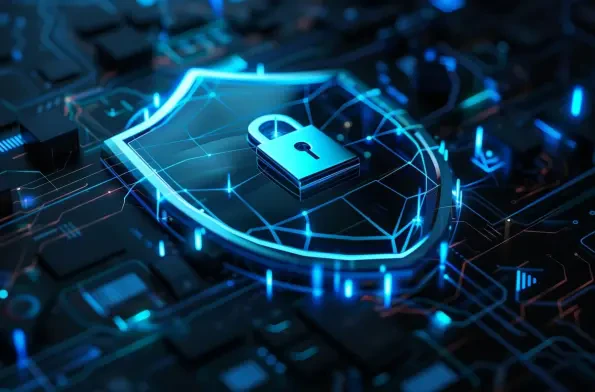How does a constant influx of non-critical alerts impact the mind of a cybersecurity professional? Every year, cyber experts face a staggering half a million alerts, where a significant portion, up to 98%, are deemed non-critical. Picture a day where endless notifications flood your devices, relentlessly demanding attention and draining your focus. This isn’t an occasional inconvenience, but rather the harsh reality for many in cybersecurity.
Alert Fatigue Threatens Security
Alert fatigue in cybersecurity isn’t just an operational hurdle; it is a pressing challenge that undermines core security functions. This exhaustion is exacerbated by the reality of increasing cyber threats, along with chronically understaffed teams. The dangers are manifold, ranging from compromised efficiency in security operations to deteriorating mental health among professionals who ignore threats, potentially leading to catastrophic breaches.
The Neuroscience Behind Alert Fatigue
Repetitive exposure to hundreds of alerts severely impacts cognitive processing. Neuroscience reveals that neurons fire continuously without periods of recovery, leading to an overload that depletes neurotransmitters—dopamine and serotonin, essential for sustained focus and motivation. When professionals face decision fatigue from sorting vast amounts of non-critical information, the risk of overlooking genuine threats escalates.
Expert Insights and Real-World Impact
Cognitive neuroscientist Professor Moshe Bar indicates that sustained attention tasks can generate metabolic waste, hindering cognitive performance. Cybersecurity expert Matt Johansen describes the taxing daily effort to sift through and dismiss non-critical alerts, a necessary yet exhaustive endeavor that leaves professionals mentally drained. Personal anecdotes highlight the burdens faced by cybersecurity workers, shedding light on their struggles with mental exhaustion and diminished decision-making abilities.
Strategies to Mitigate Alert Fatigue
Practical strategies are essential to alleviate alert fatigue. Implementing mandatory recovery periods allows cybersecurity teams to recharge effectively, restoring mental energy. Diversifying tasks can break monotony and enhance creativity, ultimately improving mood and productivity. Sleep, surprisingly, plays a significant role in clearing metabolic waste and restoring cognitive function. Leadership must also prioritize work-life balance, taking steps to ensure employees aren’t overwhelmed. Combating the entrenched “superhero culture,” where reliance on a few experts inevitably leads to burnout, requires fostering team-wide capability.
Concluding Thoughts on Alert Fatigue in Cybersecurity
In hindsight, the profound impact of alert fatigue on security professionals compromised both their well-being and operational effectiveness. The potential risks of overlooking genuine threats were immense, warranting immediate interventions. By integrating neuroscience principles into cybersecurity protocols, previous experiences demonstrated the importance of holistic solutions that prioritize human capacity alongside technological prowess. A proactive approach to combating alert fatigue would call for continuous assessments and adaptations, ensuring that both digital assets and the dedicated individuals safeguarding them remain protected.













